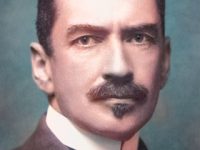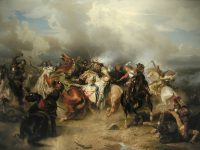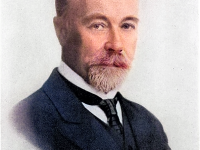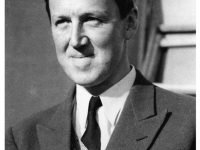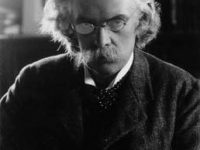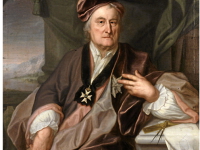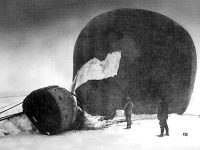Hans von Euler-Chelpin and the Alcoholic Fermentation of Sugar
On February 15, 1873, German-born Swedish biochemist Hans von Euler-Chelpin was born. Hans von Euler-Chelpin shared the 1929 Nobel Prize for Chemistry with Sir Arthur Harden for work on the role of enzymes in the alcoholic fermentation of sugar. Youth and Education Hans von Euler-Chelpin was the son of the later Bavarian Major General Rigas von Euler-Chelpin (1837-1923)and his wife Gabriele Furtner († 1931). He spent most of his childhood with his grandmother in…
Read more

